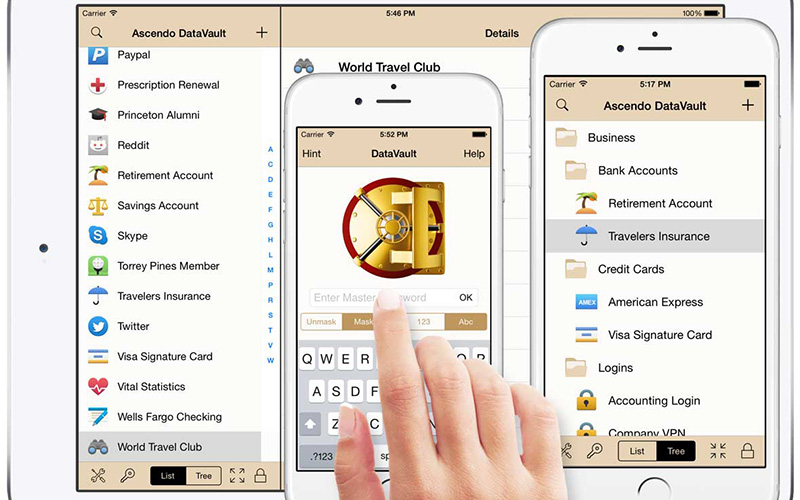6 Top RPA Tools to Optimize your Business Processes

Introduction
Business operation management can be a tricky tightrope walk with fluctuating factors being suspended in the balancing act (as it were). Nevertheless, Robotic Process Automation (RPA) tools can supplement these business processes through automation by driving accuracy and efficiency. With this application, companies can propel their data management effortlessly with deep, intelligent learning & automated workflows. This is how the role of some of the Top RPA Tools comes into play.
What are RPA tools?
Robotic Process Automation is an innovative software solution which eases creating, deploying, and controlling robots that emulate human actions over digital interfaces. RPA tools are specific packages that perform repetitive and tiresome tasks seamlessly, with minimal or no supervision. In addition, their autonomy enables large data volumes to be processed efficiently.
So, let’s explore some of the Best RPA Tools out there that the market offers.
Top RPA tools
RPA tools heavily depend upon integrating other technologies, such as IDP (Intelligent Document Processing), low code app development & mature process delivery. There are many different RPA tools some of which are mentioned below:
1) EdgeVerve’s AssistEdge product deploys smart process delivery and (auto) automation blueprint, API integrations, and complex, intelligent pathways. Its flexible yet secure approach reinforces process efficiency and data privacy. This has been applied in many use cases, including the banking & retail sectors, driving reconciliation accuracy & cash collection, respectively. Hence, AssistEdge also serves as an ideal RPA business process automation solution. Now all commercial settings can benefit from such streamlining.
2) Keysight’s Eggplant – a specialist package designed to fulfill mundane clerical repetitive tasks accurately and productively. The universal fusion engine provides complete automation across various OS environments. Data scraping drives process efficiency by promptly capturing pertinent details and presenting these for further processing. This allows unattended module operation too. Never look back on Eggplant, for it offers unparalleled efficiency, and its ergonomic interface is enticing for data experts.
3) Inflectra’s Rapise is yet another RPA solution that augments user simulation to depict & predict AI-driven automated pathways. Its distinctive code-less operation (visual language) makes data recording more convenient and reliable. In addition, the screen scraping, and integration features make this a versatile solution, almost universally adaptable for any environment. This flexibility makes Rapise an ideal contender in our top six RPA tools list, targeting even the most difficult of usage environments. We have no more wasted resources to source and process data, then!
4) Blue Prism RPA is a simple RPA tool solution that benefits from a speedy autonomous output, although it is reserved for expert programmers. However, its initial cost is offset by the features offered, and it remains a robust RPA tool, catering to various applications ranging from administration to process mapping. So, say farewell to laborious manual data entry and welcome an innovative, refreshing methodology. With Blue Prism’s expandability, data-driven routes are now fulfilled and propelled for further continuous development.
5) UiPath is a scalable & securely encrypted RPA tool solution with quick automatability over open platforms. It offers specific coding functionality, which may be somewhat restrictive for certain users, although this focus drives niche use cases (such as IDP). Businesses can undoubtedly benefit from this tool by harnessing its potential to process data precisely and quickly. Let us all hail this entry which appears to satisfy all the essential requirements of a proper RPA tool – including the ability to auto-automate at speed. Hooray!
6) Automation Anywhere focuses on the vitality of data – and how this can be transposed across any use case. For instance, cloud computing settings receive robust security via authentication, credential management, and encryption. In addition, live reports and analytics sync well with independent platforms for ultimate autonomy. The only real qualm here is its ergonomics which could do with some sprucing up. Then again, the heightened security does make up for this user concern. Cyber attackers and hackers, beware, for Automation Anywhere is here!
How do RPA tools help business processes?
Good question! A mix of the points described above, as well as:
- Bring all aspects of data processing into one unified space for easier monitoring
- They encourage the best data protection, security, and privacy practices with their uncompromising safety protocols, potentially saving sensitive details from abuse plus misuse
- Data entry and predictive analytics cum maintenance are all addressed with RPA tools
- Faster processing means greater productivity, which in turn drives process efficiency – hence more significant cost savings
- Specialized workflows can be appropriately funneled for greater output, be it sales, error reduction, or even customer queries/complaints
- RPA combines the beauty of AI, ML (Machine Learning), and, in some cases, computer vision with NLP (Natural Language Processing). This ensures a consistently seamless output – every time. What a relief for accountable stakeholders!
- A driven way to process data, ensure its accuracy, collate it and then package everything, ready for reporting or distribution
- Strong emphasis on methodical workflows to ensure lasting results: sustainable outcomes which can be depended on throughout a product’s lifecycle. This is useful for conducting audits and internal control
As if all the above wasn’t enough, there’s even more! Let’s not overlook and remember that without RPA, many contemporary systems would cease to function, merely owing to the immense workload. So, we should give more credit to and be more grateful for the advent of RPA, for many processes would stall without it.
RPA tools – Future scope
RPA tools have been and will always remain indispensable to our online and digital workspaces. Whether banking to retail and everything in between, these interrelated processes depend on each other. Undoubtedly, we thrive on RPA, and whether it’s the way we bank, shop, or collect data, we will always need its presence in the times ahead to ensure that we remain accountable for how we handle and process data. RPA ensures that all essential processes stay in place and are undertaken as fluidly as possible. The fact that data nowadays is so vastly complex only further necessitates an automated solution going forward to handle its ever-evolving demand to be processed efficiently and securely.
RPA tools – Final thoughts
We should never underestimate the potential of RPA, for its presence is what now defines how we interact with each other. Perplexed? Well, consider the following, then. Each time you log into your email or social media account and act, such selections need to be automated at speed and scale. What better way to do so than with RPA? I believe this rests the case for needing RPA tools and deciding which would best suit your requirements. Thankfully, we now live in a digital age where vastness is no longer a limitation to achieving the ultimate objective – efficiency.




